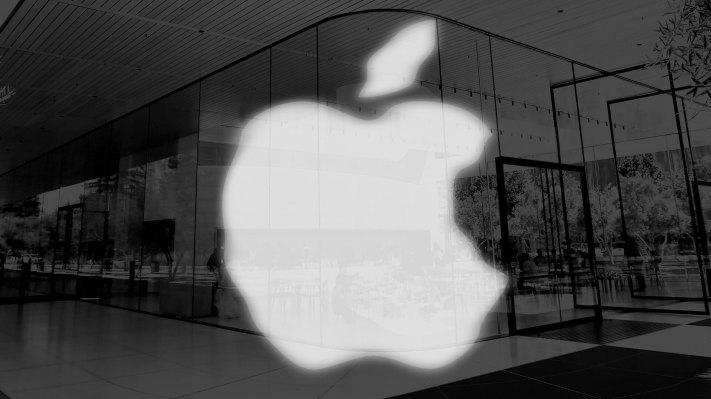
The U.S. Division of Justice sued Apple Thursday over monopolistic practices. The grievance accuses Apple of moulding its privateness and safety practices in ways in which advantages the corporate financially.
One quote notably jumps out the place the DOJ calls Apple’s privateness and safety justification an “elastic protect”:
“Apple deploys privateness and safety justifications as an elastic protect that may stretch or contract to serve Apple’s monetary and enterprise pursuits,” it says.
“Apple wraps itself in a cloak of privateness, safety, and client preferences to justify its anticompetitive conduct. Certainly, it spends billions on advertising and branding to advertise the self-serving premise that solely Apple can safeguard customers’ privateness and safety pursuits.”
That’s not all — there are a number of different situations the place the DOJ thinks Apple is bending privateness to degrade buyer expertise:
App Retailer and app distribution
It additionally identified that Apple doesn’t enable the creation and utilization of different app shops. Nevertheless, it permits governments and enterprise clients to put in safe app shops, the grievance famous. It additionally mentioned that for the time being builders can’t provide a separate app retailer for youngsters. Notably, a few of this has modified partially with EU imposing its Digital Markets Act (DMA). (A few of the modifications are relevant solely within the EU area.)
The DOJ identified that Apple lets customers simply sideload apps on the Mac. Builders can moreover distribute apps with fewer restrictions on the platform, DOJ argues. The DOJ additionally made an argument about Apple proscribing “tremendous apps,” which may very well be a greater various for the App Retailer to entry providers.
Messaging
The DOJ additionally accused Apple of proscribing third-party apps from receiving carrier-based messages (SMS). It mentioned that Apple marks SMS as “non-public” in its API documentation, so different builders can’t entry them. Apple lets customers textual content anybody by typing their quantity within the “to:” subject of its Messages app, however with different messaging apps it’s not attainable, the grievance reads.
The plaintiff additionally argued that Apple makes iPhones much less safe by not implementing encryption safety when iPhone customers are sending messages to Android customers.
Knowledge sharing practices
The grievance additionally accuses Apple of utilizing “huge quantities of non-public and delicate information” to distribute the app by itself App Retailer. It additionally pointed fingers on the Cupertino-based firm for using consumer information for promoting.
Moreover, the lawsuit mentioned that Apple has entered into offers with Google to make the latter’s service the default search engine for Safari, regardless of Apple realizing that there are higher privacy-focused options on the market.
The DOJ additionally made an argument about customers having to share info with Apple to make use of a digital pockets reasonably than simply sharing these particulars with a financial institution or a medical supplier.
Primarily, the DOJ argues that Apple’s privateness and safety practices are pretextual in nature and the corporate chooses “various programs” to guard its monopoly.

